Children, Youth and Families
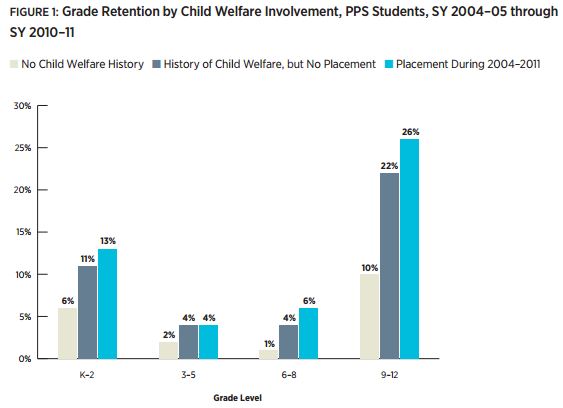
The Impact of Child Welfare System Involvement on School Stability – An Evaluation of Pittsburgh Public School Students
Child welfare out-of-home placements are stressful events, compounded by the fact they may result in a youth changing schools. Research shows mid-year school changes to be disruptive both academically and […]

Improving Education and Well Being Outcomes: August 2015 Update
By the spring of 2015, 16 school districts, Propel Schools and the Allegheny Intermediate Unit had signed legal agreements with the Department of Human Services (DHS), allowing data to be […]
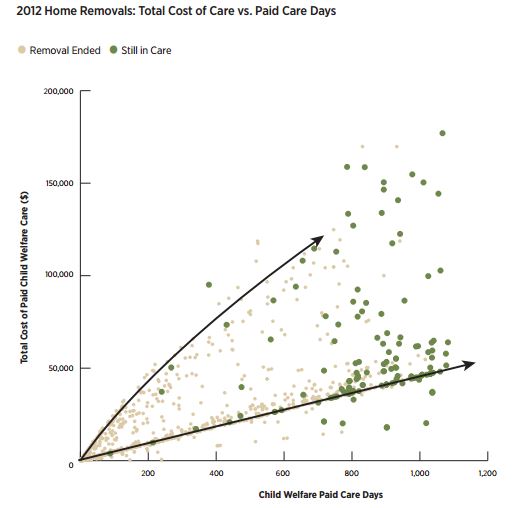
Allegheny County Child Welfare Home Removal Costs, 2012 Cohort
The cost of out-of-home placements vary greatly, depending upon length, type of placement and level of care required. Type of placement was a significant factor in cost variation; group home […]
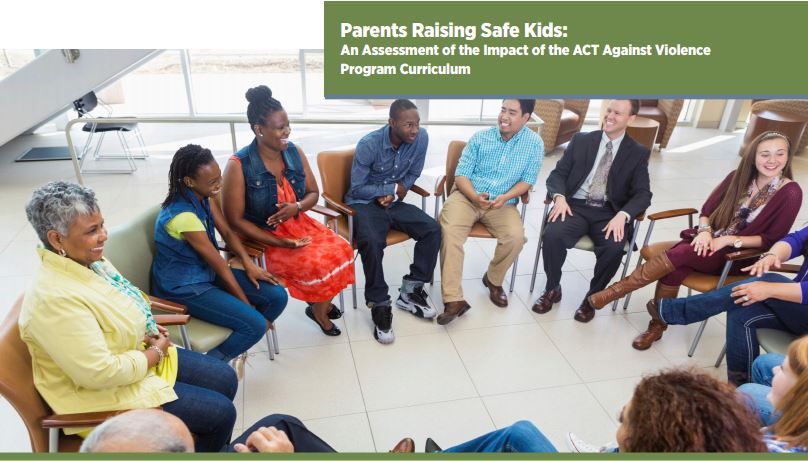
Parents Raising Safe Kids: An Assessment of the Impact of the ACT Against Violence Program Curriculum
The Parents Raising Safe Kids curriculum was developed by the American Psychological Association and implemented nationally in an effort to teach positive parenting skills to parents and caregivers. Offered locally […]

Introducing Performance-Based Contracting: A Comparison of Implementation Models
Linking provider payments to performance measures is gaining popularity as a way to improve outcomes, efficiency and innovations. Three performance-based contracting models have been implemented in Allegheny County, targeting: 1) […]
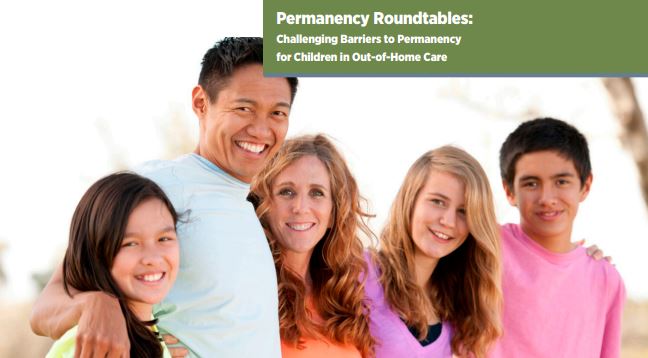
Permanency Roundtables: Challenging Barriers to Permanency for Children in Out-of-Home Care
Permanency Roundtables are an important component of Allegheny County’s strategy to improve permanency outcomes for children in child welfare out-of-home placements. Roundtables engage practitioners, caseworkers, providers and permanency experts in […]
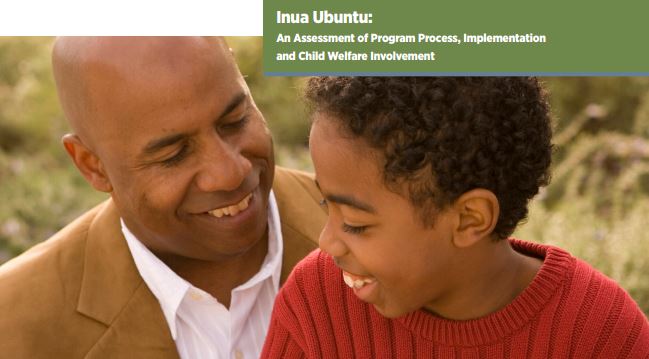
Inua Ubuntu: An Assessment of Implementation, Program Process and Child Welfare Involvement
Inua Ubuntu, designed to provide culturally-based intervention with a goal of reducing the rate of out-of-home placement for African American males, was implemented by the Allegheny County Department of Human […]

Common Assessment Tools: Implementation and Implications for Service Integration
An initial assessment is often a client’s first service experience, and, as such, it plays a major role in the perception, comfort and outcomes of the service. Simultaneously, the assessment […]
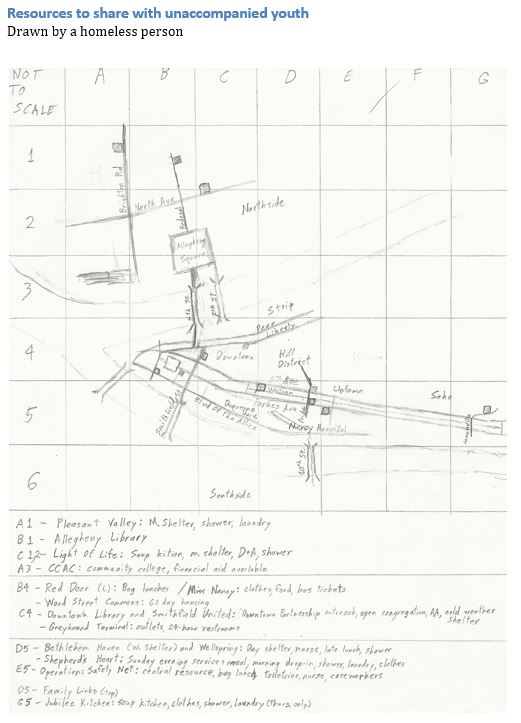
I’ll Never Get Used to It: Young People Living on the Street
Designed to inform local leaders, this report places the issue of homeless youth within a national context and provides information about local need, services and strategies to prevent and address […]

Drug-Exposed Newborns
Although prenatal drug/alcohol exposure cases accounted for less than two percent of child welfare referrals in Allegheny County, this exposure can have significant health and developmental consequences. More than one […]

Data Brief: Fathers in Child Welfare Cases
An analysis was conducted on fathers’ involvement in child welfare cases from 2010 through 2012. Biological fathers were identified in 81 percent of cases (as compared to 94 percent of […]
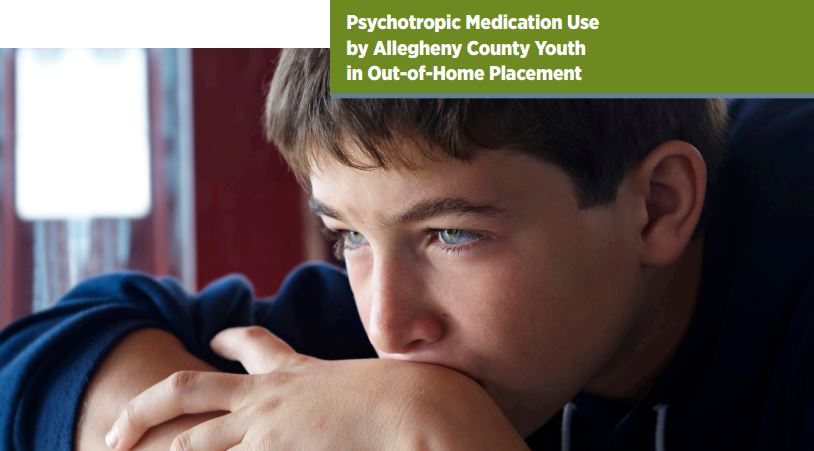
Psychotropic Medication Use by Allegheny County Youth in Out-of-Home-Placement
Focus groups with youth and caregivers identified a number of concerns about the way in which psychotropic medications were prescribed to youth in a child welfare out-of-home placement. A quantitative […]

Transition Age Youth with Complex Needs Entering Adulthood
United Way of Allegheny County This report analyzes the numbers and needs of young adults with significant medical, intellectual, communication and/or behavioral challenges Click to read the full report.
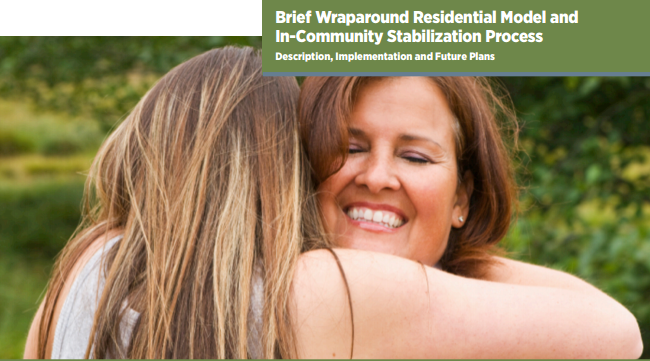
Brief Wraparound Residential Model and In-Community Stabilization Process: Description, Implementation and Future Plans
The Brief Wraparound Residential model emphasizes working with youth on what they need to be successful following their stay in residential care; that is, at home, in school and in […]

Improving Educational Outcomes for Child Welfare-Involved Youth: Allegheny County’s Implementation of the Child Welfare Education Screen
In response to federal, state and local priorities, DHS implemented the Pennsylvania General and Special Education/Disability Accommodation Screen (Education Screen) in partnership with provider agencies and local school districts. The […]
